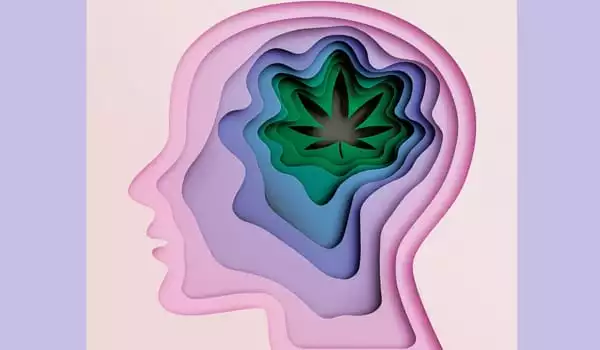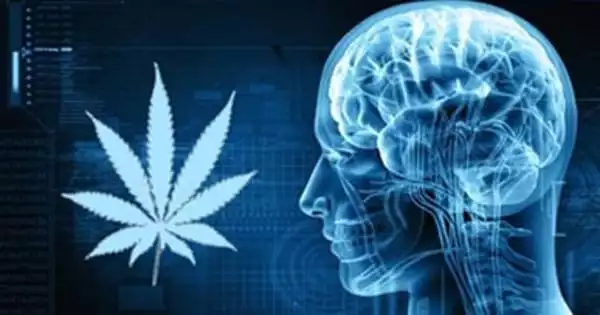Schizophrenia is a chronic, severe, and incapacitating mental illness. Delusions, thought disorders and hallucinations are some of the symptoms. Schizophrenia affects 20 million people worldwide. Because there is no cure, doctors use medications and therapy to treat the symptoms.
According to a new Danish study, the proportion of schizophrenia cases associated with problematic marijuana use has increased over the last 25 years. In 1995, cannabis use disorder was associated with 2% of all schizophrenia diagnoses in the United States. In the year 2000, it had risen to around 4%. According to the study, that figure has risen to 8% since 2010.
According to research published last week in the journal JAMA Psychiatry, a team of scientists combed through the health records of nearly 7.2 million people in Denmark and discovered a link between cannabis use disorder defined as a heavy reliance on weed to the point of neglecting other aspects of their lives and the neurological condition schizophrenia. While studies of this type have limitations, it’s an alarming revelation that suggests weed may not be the relatively safe drug many believe it to be, at least at high consumption rates.
An alarming new research study found a strong and growing correlation between smoking lots of weed and mental illness.
The type of retrospective research that the scientists conducted cannot establish a causal link between marijuana use and the development of schizophrenia. There are numerous other factors that could be at work, such as an unrelated increase in the ability to diagnose schizophrenia.
However, the researchers told CNN that they believe there is some causation. They cited trends such as increased cannabis use in Denmark, weed becoming more potent over time, and other studies indicating that weed interacts with schizophrenia risk factors to argue that smoking weed poses a real risk.
Marijuana and schizophrenia have one thing in common: psychosis. It is not a mental illness; rather, it is a symptom of one. When you have psychosis, your thoughts are disrupted in such a way that it is difficult to distinguish between what is real and what is not. You may see or hear things that aren’t there, or you may have strange thoughts that won’t leave you alone. Schizophrenia is characterized by psychosis.

“I believe it is critical to use both our study and other studies to highlight and emphasize that cannabis use is not harmless,” said study author Carsten Hjorthj of the Copenhagen Research Center for Mental Health to CNN.
Previous research has suggested that people who use cannabis are more likely to develop schizophrenia, and that this association is exacerbated by heavy use of the drug. Many researchers believe that cannabis use is a “component cause” of the condition, interacting with other risk factors.
“Of course, our findings will have to be replicated elsewhere before we can draw firm conclusions,” Hjorthj added. “However, I am fairly confident that we will see similar patterns in areas where problematic cannabis use has increased, or where cannabis potency has increased, because many studies suggest that high-potency cannabis is likely the driver of the association with schizophrenia.”
The new study used data from Denmark’s national health registry and included all Danes born before December 31, 2000 who were 16 years or older at some point between January 1, 1972, and December 31, 2016.
The findings may help explain the “general increase in the incidence of schizophrenia that has been observed in recent years,” as well as provide some support for the “long-observed association between cannabis and schizophrenia, which is likely partially causal in nature,” according to the study.
Marijuana use disorder has been on the rise in Denmark, according to the study, a trend that has been observed globally. Recreational marijuana use is illegal in Denmark, but it is legal for medicinal purposes. Marijuana use disorder is typically defined as a problematic use of the drug, which includes the following behaviors: developing tolerance to weed; using cannabis in larger amounts or for a longer period of time than intended; being unable to reduce use; spending a significant amount of time obtaining, using, or recovering from the effects of cannabis; foregoing important activities and obligations in favor of cannabis; and continuing to use the drug despite negative consequences.














